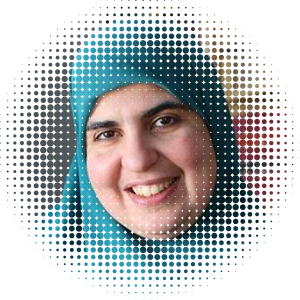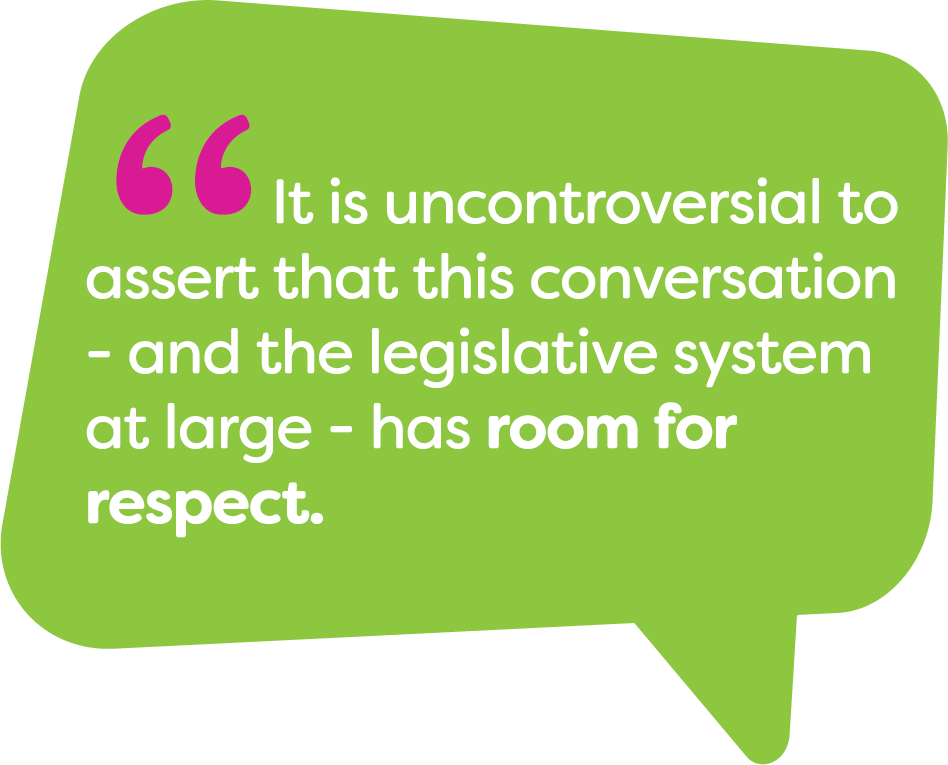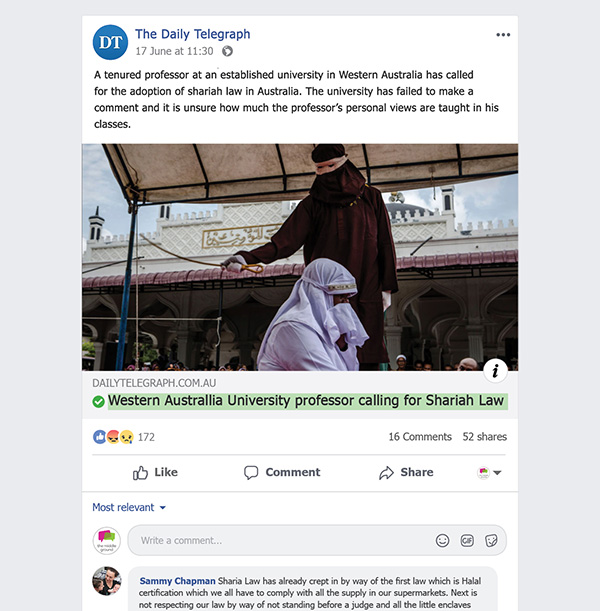
Religion and Law. These two ideals have constantly been in tension since the very inception of the Australian nation. Although both the freedom of religion and the rule of law are ideals of the Australian nation, their relationship has often been far from pretty. This theme explores this tension over the last decade and interrogates key voices and narratives coming from this national discussion. Beyond the shariah law scares media scares and constant over reporting of minorities and the law, this theme takes a look at the facts and seeks to establish a middle ground between seemingly far off positions.
A history of co-existence

Dr Ghena Krayem is an Associate Professor at Sydney Law School, University of Sydney, Australia. Since 2000, Ghena has been a legal academic teaching in the areas of constitutional law, public law and legal ethics. She has researched and published in many areas to do with Islam in Australia, particularly focusing on Muslim women and Islamic family law. Ghena is a regular commentator on the Muslim community in Australia and is also a registered Family Dispute Resolution Practitioner. She has recently authored two books that examine Islamic family law processes and accommodation in common law namely; Islamic Family Law in Australia: to Recognise or Not to Recognise (2014) and Accommodating Muslims under Common Law (2016). She is currently working on an ARC project focusing on the experience of Muslim Women and the divorce process in Australia.
Religious minorities have been constantly questioned for their commitment to Australia. With view that these minorities are somehow implementing their own law at the expense of Australian law, many decry this freedom of religion as a threat to the rule of law. Australia needs to have an honest conversation about whether religious minorities are actually threatening the law and the extent of any such threat.
The Rule of Law has become an inherently difficult doctrine that is often in direct tension with other central doctrines of liberal democracies such as the freedom of person and the freedom of religion. Despite these tensions, there are reasonable ways to accommodate different religious practices without threatening the rule of law or a singular Australian national identity.


The internet has become a site of discussion, argumentation and conjecture on all manner of life’s affairs in the last 20 years. Somewhere on the internet, some issue, profound or mundane, is always being discussed.
Politics as an area of concern is chief among these. From migration and refugees, Australian value and culture, the internet is unsurprisingly a hotbed of discussion and debate.
We present an example of how even virulent debate can – given the right conditions – facilitate surprisingly provocative discussions so long as those engaged are willing to open their minds and question their assumptions. This mock conversation resembles real discussions, highlighting that often, all it takes is a willingness to look past long-held biases to actual facts and history.
Don’t miss a post – subscribe now to receive email updates whenever new content is released.
